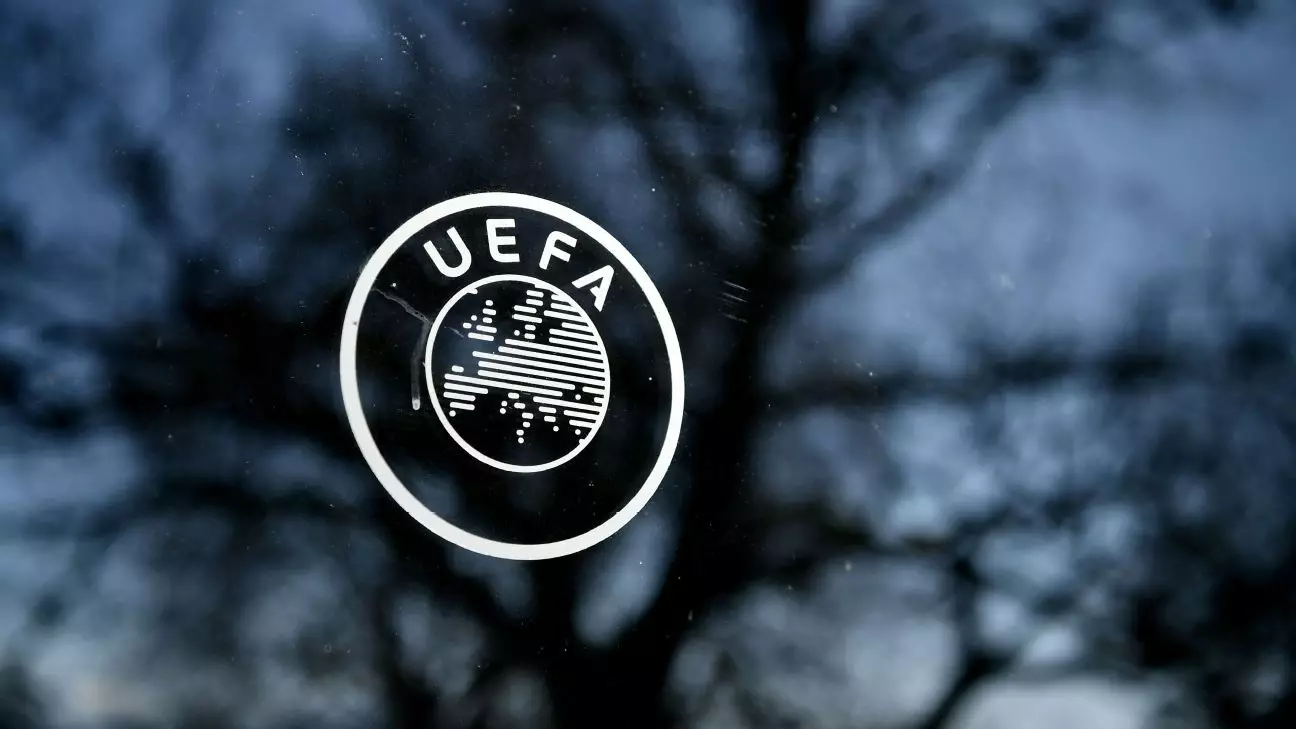In a groundbreaking move, UEFA has officially welcomed the players’ union, FIFPRO Europe, into its executive committee. This strategic decision signifies a pivotal shift in the governance of European football, aiming to enhance player representation in the decision-making processes that impact their careers and welfare. As professional footballers face an increasingly congested match calendar, the need for their voices to be heard has never been more imperative. With prominent figures like Rodri, the Ballon d’Or winner, expressing concerns over the grueling competition schedules, UEFA’s initiative seems both timely and necessary.
Historically, the governance of football has been perceived as a top-down structure where decisions are made by administrative bodies without substantial input from those on the field. However, UEFA’s introduction of a player representative to its executive committee is a monumental step towards a more inclusive approach. As UEFA President Aleksander Ceferin articulated, “Players are at the heart of football,” highlighting the essence of this reform. The agreement allows active players to engage directly in discussions that shape the future of the game, ensuring that their welfare and working conditions are considered crucial elements in the governing body’s policies.
The crux of the matter hinges on the overwhelming number of matches players are required to partake in each season. The traditional model of football scheduling has come under substantial scrutiny, as players face intensifying pressure to perform amid an ever-growing workload. The reflection of players’ distress is evident in their willingness to strike, a drastic measure that underscores the urgency of the situation. UEFA’s collaboration with FIFPRO Europe aims to create a structured dialogue concerning the complications arising from packed competition calendars, ultimately seeking a balance that acknowledges the rigorous demands placed on players.
The timing of this agreement is particularly significant in light of recent legal developments involving FIFA and UEFA. The formal complaint lodged with the European Commission regarding FIFA’s expansion of the men’s World Cup and Club World Cup without adequate consultation has brought to the forefront the need for accountability and transparency within the sport. UEFA’s commitment to including FIFPRO Europe in decisions that could affect players’ conditions suggests a shift towards a more cooperative relationship among key stakeholders. This change could lead to more democratic governance practices that prioritize the nuances of players’ rights and employment conditions.
In conjunction with the new voting seat on the executive committee, UEFA has established a Professional Players’ Advisory Forum, set to convene for the first time in December. This forum aims to ensure that both active players and their representatives are given a platform where they can contribute their insights and experiences. Such a setup not only fosters better communication but also serves as a proactive measure to prevent potential issues from escalating into crises. The involvement of players in these discussions signals a new era where their voices are not only acknowledged but are fundamental to shaping the policies that govern their sport.
The agreement between UEFA and FIFPRO Europe marks a historic moment for the football landscape, giving players a long-overdue voice in matters that directly affect their professional lives. As the sport navigates the complexities of modern-day challenges—legal battles, player welfare, and scheduling conflicts—this partnership could serve as a model for greater collaboration across all segments of the sport. Ultimately, the evolution of football governance must prioritize the experiences and perspectives of the players, ensuring that the game remains sustainable and equitable for its most vital stakeholders. As we move forward, it is crucial that this commitment translates into meaningful change, setting a precedent for how football governance can evolve in a rapidly changing world.

